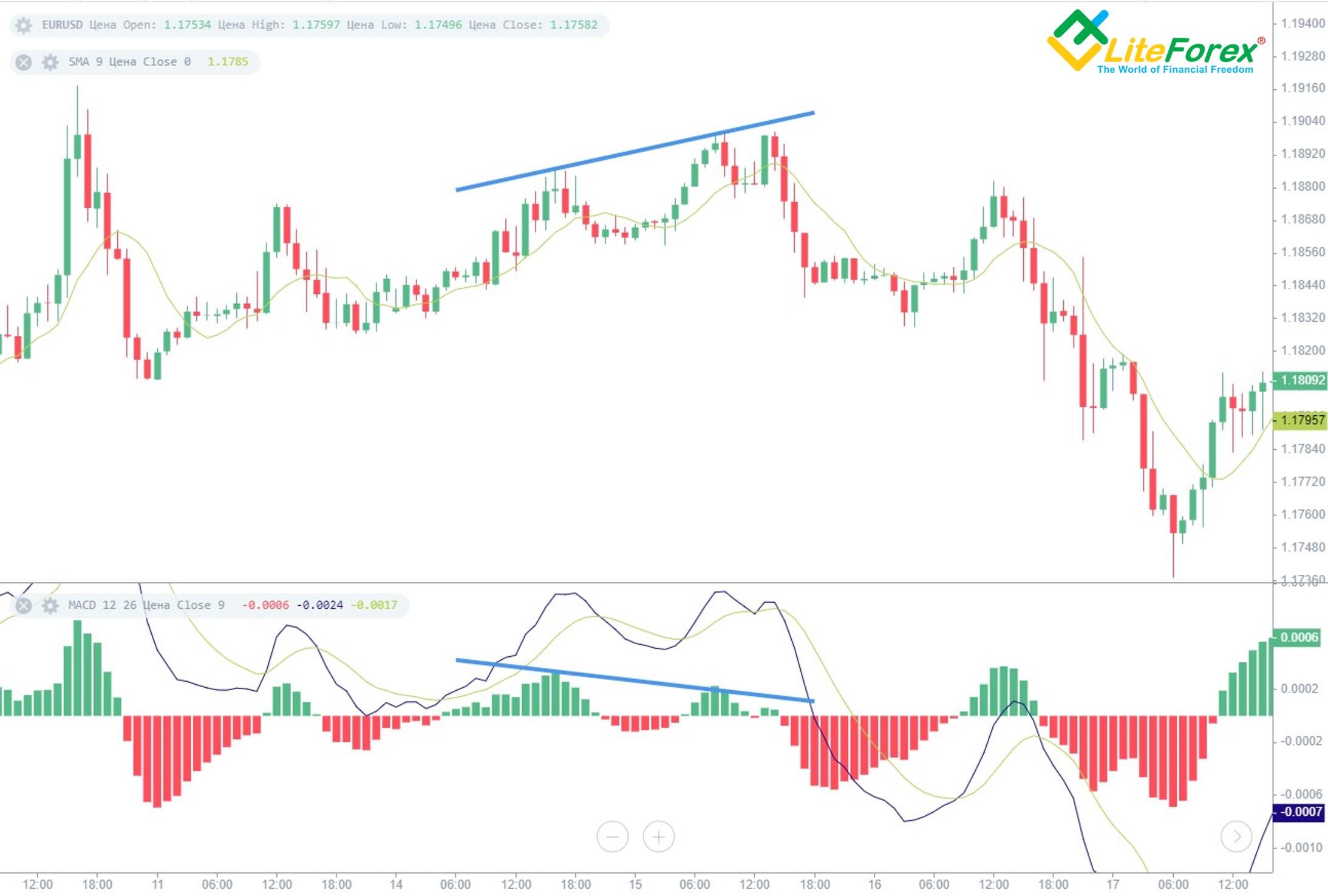
Diversification can help investors protect themselves from financial volatility and business risks. Investing in various financial investments can reduce unnecessary risk, while balancing the potential for reward and risk. While some investors may be hesitant to spread their resources across different types of investments, this strategy is a good choice for long-term investors. You can read on to find out more about it and how to get started. In this article, we'll discuss the three types of risk that investors face: unsystematic risk (the global economy is in recession), and systematic risk (wide changes in market structure).
Unsystematic risk is more localized and less global than systemic.
Investors should diversify their portfolios to reduce unsystematic risk. There are two types: systemic risk or unsystematic risk. Systemic risk refers to macroeconomic factors, such as changes in monetary policies, natural disasters, and other political turmoil that have a significant impact on an entire country or sector. Unsystematic risks, on the contrary, are caused by specific factors within an sector, such internal and externe risks that can affect one business. Unsystematic risk can be reduced by diversification.

Systematic Risk is broad-based, structural changes in a market
Recent systemic risks have been centered on investment banks. Investment banks are known for making complex financial contracts, like buying options. These contracts can be vulnerable to unforeseen events. Bank A may buy an option at Bank B but then have to close the shop due to poor housing market investments. Bank A could be adversely affected by Bank B's failure. Therefore, it is possible to invest in more than 20 stocks from different industries.
Portfolio diversification reduces volatility
Portfolio diversification has the advantage of minimizing the market's volatility. Diversification can reduce volatility by reducing dependence on a single position. Studies by Columbia Management Investment Advisers have shown that diversification reduces risk by decreasing correlation. While the effects of diversification on volatility vary from one asset to the next, the main purpose of diversification is to reduce the overall downside risk of your portfolio.
It lowers your sensitivity to market swings
Divide your portfolio into different asset classes to reduce your vulnerability to market swings. Diversifying your portfolio is a good way to reduce adverse market events because different assets are not affected in the same manner. Your portfolio should be diversified to increase your exposure and potential return from foreign markets. Volatility in the United States might not have an impact on markets in Europe, for example.

It reduces inflation risk
When investing, diversification is important because it reduces your exposure to idiosyncratic and systematic risk. Idiosyncratic danger is when one type investment loses its worth due to the instability or another. Systematic risk involves the reliance of a single asset on another to perform. Diversification helps reduce these risks by holding assets that are not closely related. These investments will not be affected by similar factors, so your overall risk will be lower than if you were investing in a single asset class.
FAQ
How can people lose money in the stock market?
The stock market does not allow you to make money by selling high or buying low. It's a place where you lose money by buying high and selling low.
The stock market is an arena for people who are willing to take on risks. They are willing to sell stocks when they believe they are too expensive and buy stocks at a price they don't think is fair.
They hope to gain from the ups and downs of the market. They might lose everything if they don’t pay attention.
How do I invest my money in the stock markets?
Through brokers, you can purchase or sell securities. Brokers can buy or sell securities on your behalf. You pay brokerage commissions when you trade securities.
Brokers often charge higher fees than banks. Banks often offer better rates because they don't make their money selling securities.
To invest in stocks, an account must be opened at a bank/broker.
If you are using a broker to help you buy and sell securities, he will give you an estimate of how much it would cost. This fee will be calculated based on the transaction size.
Ask your broker about:
-
the minimum amount that you must deposit to start trading
-
Are there any additional charges for closing your position before expiration?
-
What happens to you if more than $5,000 is lost in one day
-
How long can you hold positions while not paying taxes?
-
How much you are allowed to borrow against your portfolio
-
Transfer funds between accounts
-
how long it takes to settle transactions
-
The best way to sell or buy securities
-
How to Avoid Fraud
-
How to get help when you need it
-
If you are able to stop trading at any moment
-
How to report trades to government
-
If you have to file reports with SEC
-
whether you must keep records of your transactions
-
How do you register with the SEC?
-
What is registration?
-
How does it affect me?
-
Who is required to register?
-
What time do I need register?
What are some advantages of owning stocks?
Stocks have a higher volatility than bonds. Stocks will lose a lot of value if a company goes bankrupt.
However, if a company grows, then the share price will rise.
Companies usually issue new shares to raise capital. This allows investors buy more shares.
To borrow money, companies can use debt finance. This gives them cheap credit and allows them grow faster.
When a company has a good product, then people tend to buy it. The stock will become more expensive as there is more demand.
The stock price will continue to rise as long that the company continues to make products that people like.
How does inflation affect stock markets?
Inflation has an impact on the stock market as investors have to spend less dollars each year in order to purchase goods and services. As prices rise, stocks fall. Stocks fall as a result.
How are securities traded
Stock market: Investors buy shares of companies to make money. Investors can purchase shares of companies to raise capital. Investors can then sell these shares back at the company if they feel the company is worth something.
Supply and demand are the main factors that determine the price of stocks on an open market. If there are fewer buyers than vendors, the price will rise. However, if sellers are more numerous than buyers, the prices will drop.
Stocks can be traded in two ways.
-
Directly from the company
-
Through a broker
Are bonds tradeable?
They are, indeed! You can trade bonds on exchanges like shares. They have been traded on exchanges for many years.
The only difference is that you can not buy a bond directly at an issuer. You must go through a broker who buys them on your behalf.
Because there are less intermediaries, buying bonds is easier. This means you need to find someone willing and able to buy your bonds.
There are several types of bonds. Different bonds pay different interest rates.
Some pay interest quarterly while others pay an annual rate. These differences make it easy for bonds to be compared.
Bonds are very useful when investing money. Savings accounts earn 0.75 percent interest each year, for example. This amount would yield 12.5% annually if it were invested in a 10-year bond.
If all of these investments were accumulated into a portfolio then the total return over ten year would be higher with the bond investment.
How are share prices established?
Investors set the share price because they want to earn a return on their investment. They want to make profits from the company. They then buy shares at a specified price. The investor will make more profit if shares go up. The investor loses money if the share prices fall.
The main aim of an investor is to make as much money as possible. This is why they invest into companies. They can make lots of money.
Statistics
- Individuals with very limited financial experience are either terrified by horror stories of average investors losing 50% of their portfolio value or are beguiled by "hot tips" that bear the promise of huge rewards but seldom pay off. (investopedia.com)
- For instance, an individual or entity that owns 100,000 shares of a company with one million outstanding shares would have a 10% ownership stake. (investopedia.com)
- Even if you find talent for trading stocks, allocating more than 10% of your portfolio to an individual stock can expose your savings to too much volatility. (nerdwallet.com)
- US resident who opens a new IBKR Pro individual or joint account receives a 0.25% rate reduction on margin loans. (nerdwallet.com)
External Links
How To
How to Trade in Stock Market
Stock trading is the process of buying or selling stocks, bonds and commodities, as well derivatives. Trading is French for traiteur. This means that one buys and sellers. Traders are people who buy and sell securities to make money. This is the oldest form of financial investment.
There are many different ways to invest on the stock market. There are three basic types: active, passive and hybrid. Passive investors only watch their investments grow. Actively traded investors seek out winning companies and make money from them. Hybrids combine the best of both approaches.
Passive investing can be done by index funds that track large indices like S&P 500 and Dow Jones Industrial Average. This type of investing is very popular as it allows you the opportunity to reap the benefits and not have to worry about the risks. You just sit back and let your investments work for you.
Active investing is about picking specific companies to analyze their performance. Active investors look at earnings growth, return-on-equity, debt ratios P/E ratios cash flow, book price, dividend payout, management team, history of share prices, etc. They then decide whether or not to take the chance and purchase shares in the company. If they feel that the company's value is low, they will buy shares hoping that it goes up. However, if they feel that the company is too valuable, they will wait for it to drop before they buy stock.
Hybrid investment combines elements of active and passive investing. Hybrid investing is a combination of active and passive investing. You may choose to track multiple stocks in a fund, but you want to also select several companies. You would then put a portion of your portfolio in a passively managed fund, and another part in a group of actively managed funds.